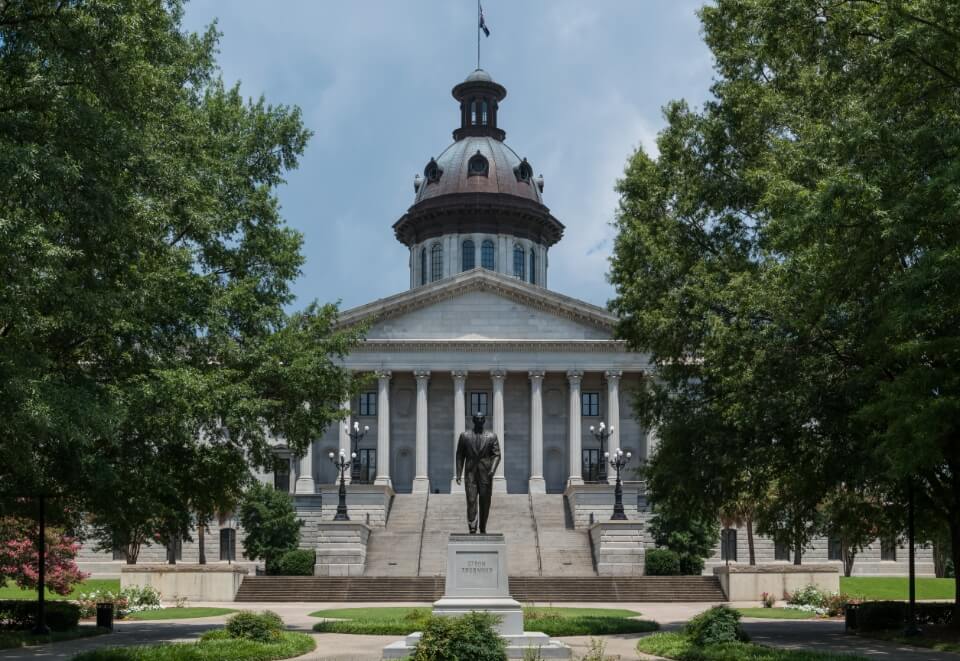Heat pumps of all kinds, from traditional air-source heat pumps to ductless mini splits and geothermal systems, are renowned for their energy efficiency. Geothermal systems exchange heat with the ground, whereas air-source heat pumps and ductless mini splits exchange heat with the air. We’re going to focus on basic air-source heat pumps today, but the technology and heating methods of all are based on the same principle of heat transfer.
Before we get into the specifics of how heat pumps heat homes so efficiently, we do want to remind you that any heating system is really only as good as the services it receives. That is why we encourage you to schedule your heat pump services in Newberry, SC with our team. That way, the job will be done right!
Transferring Heat vs. Generating Heat
Most home heating systems consume fuel in order to generate heat. Electricity may be used to create heat from electric resistance, or a fuel such as gas or oil can be combusted in order to generate heat. What a heat pump does is actually to transfer existing heat from the air outside into your home.
Now, that isn’t to say that no energy is used in the process, and it’s not the same as opening a window to let thermal energy in during the winter season. That is obviously not going to warm your home. The refrigerant cycle is a key player in the heat transfer process.
Think about it. Your air conditioner doesn’t generate cool air, right? Instead, it removes heat from the air in your home, and then redistributes that cooled air throughout the house. A heat pump does the same thing, but in reverse. The heat pump evaporates refrigerant in the coil outside, which acts as the evaporator coil in the winter. That refrigerant is then compressed, and is condensed in the house at the coil functioning as the condenser coil. This is the opposite of the cooling cycle, with the coils reversed.
The heat from the refrigerant is then used to heat air that can be distributed throughout the house via ductwork. If you’re using a ductless system, then the air is heated and blown about by the wall-mounted blowers. In a geothermal heat pump, heat is drawn from the ground, rather than the air.
To learn more or to schedule professional heat pump services, give Fulmer Heating & Cooling a call.





